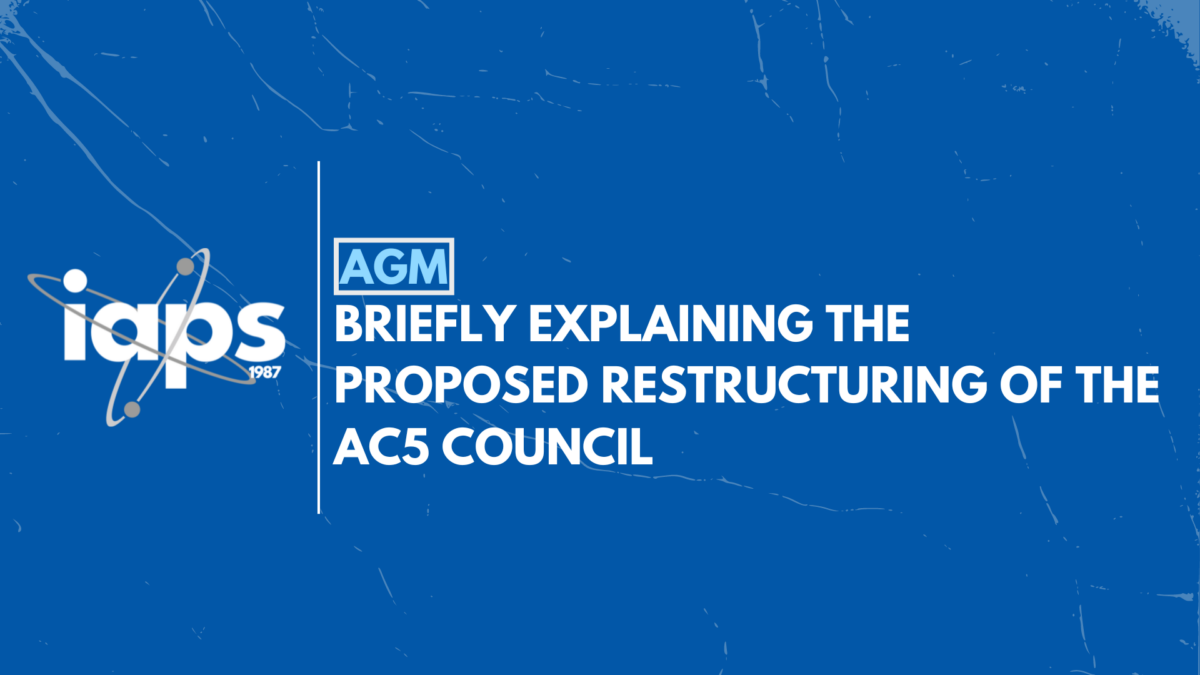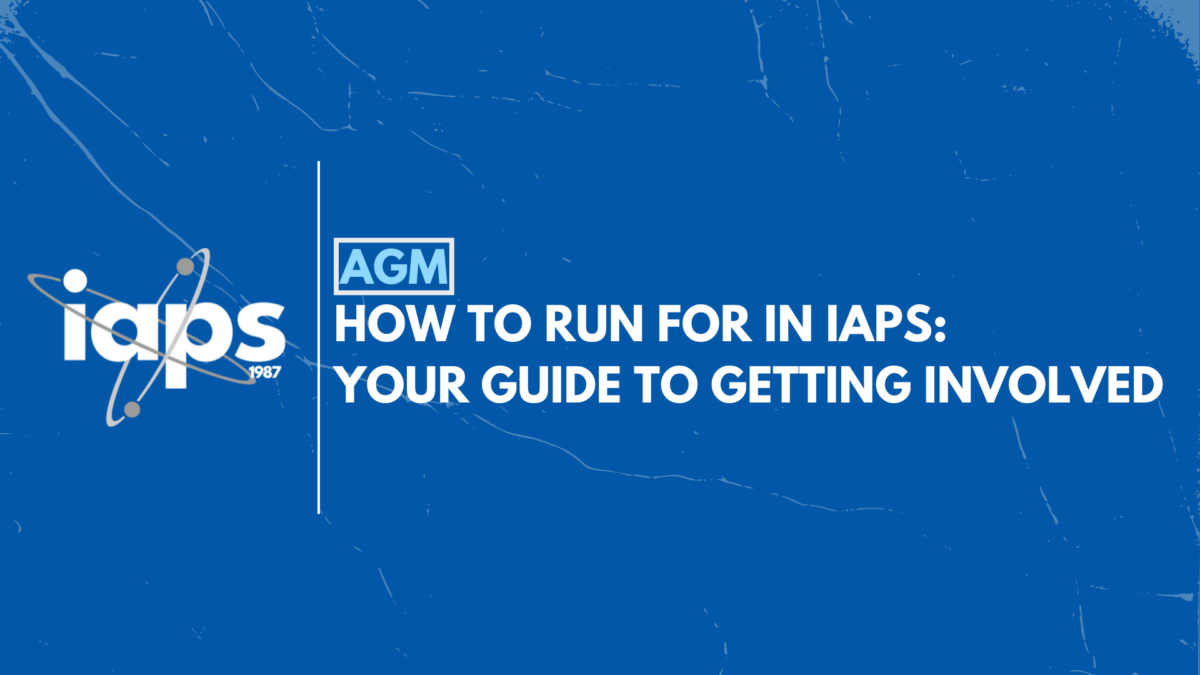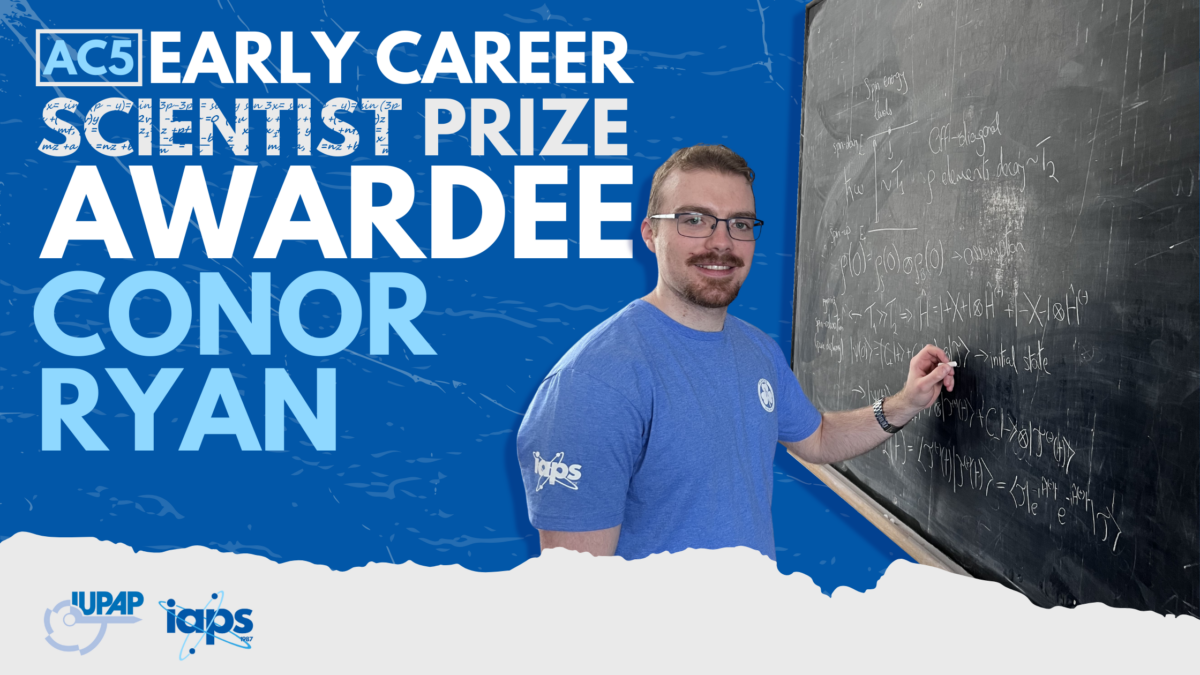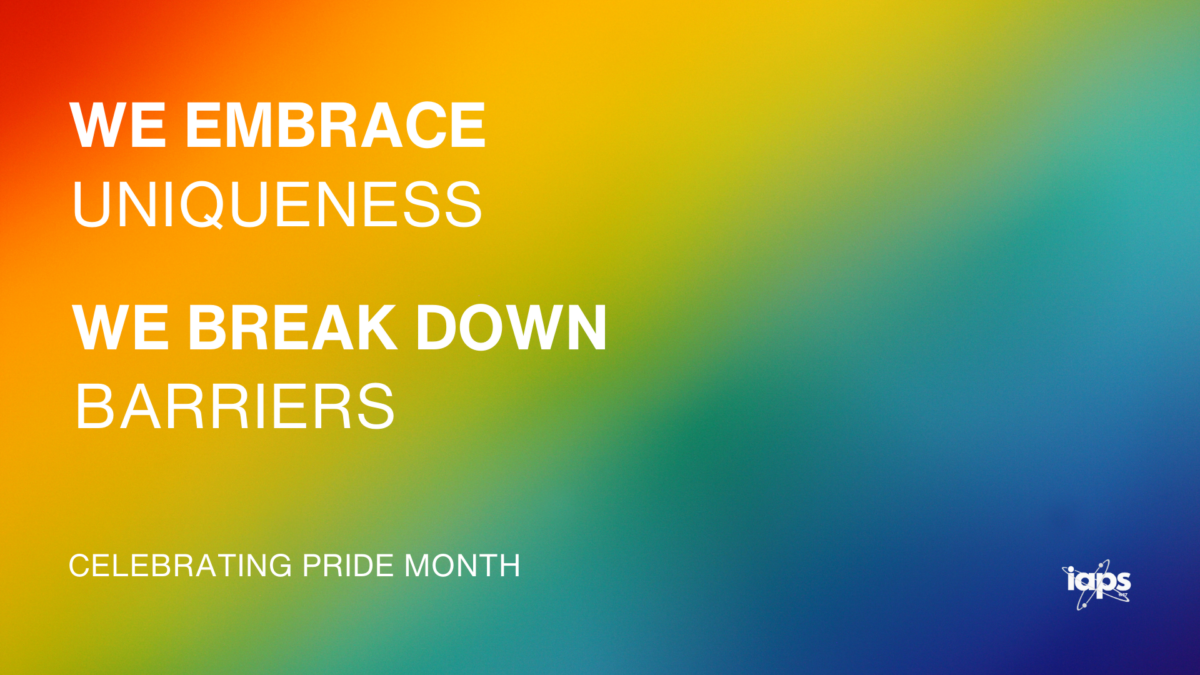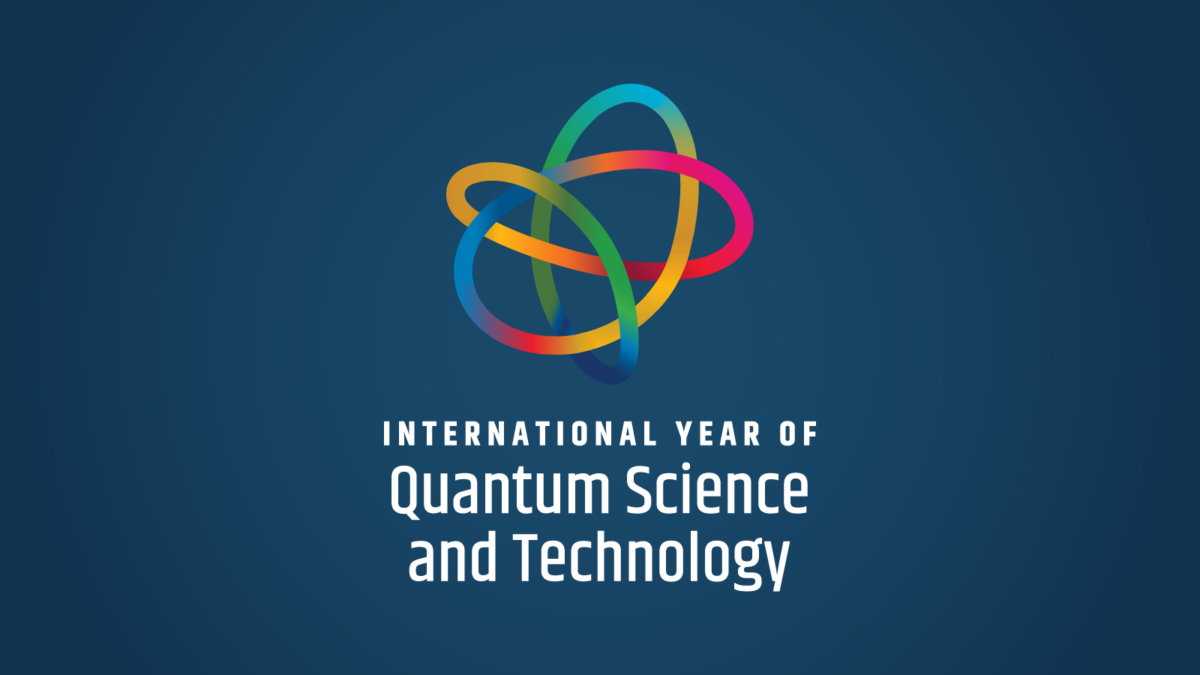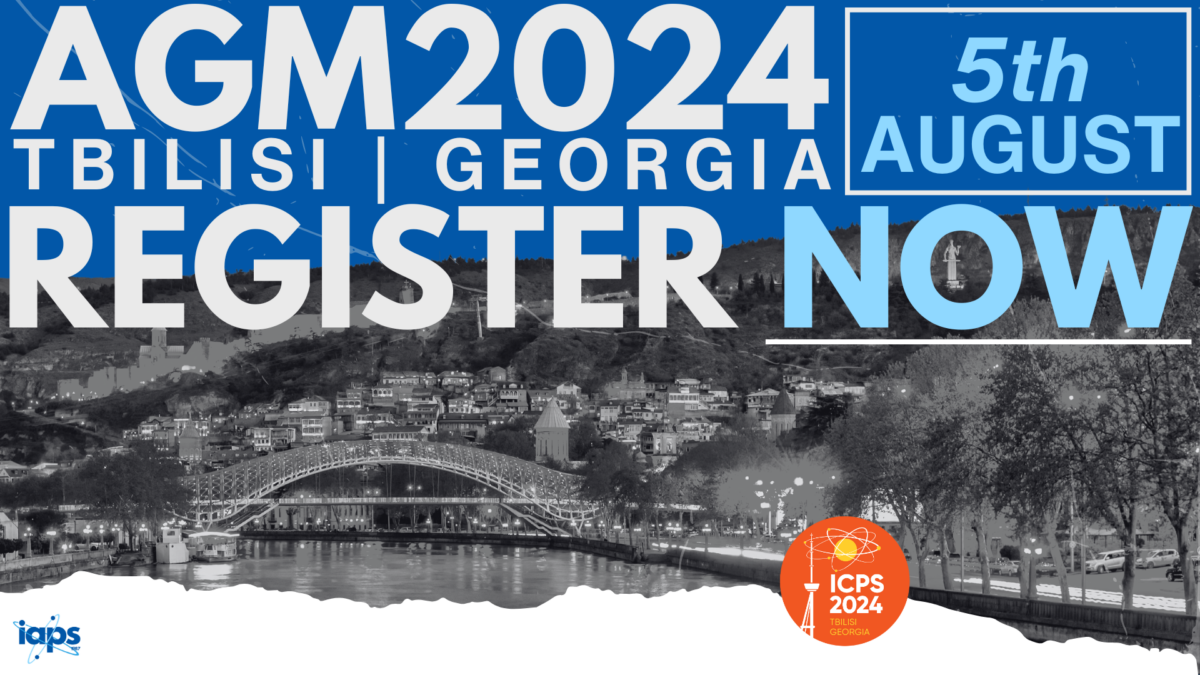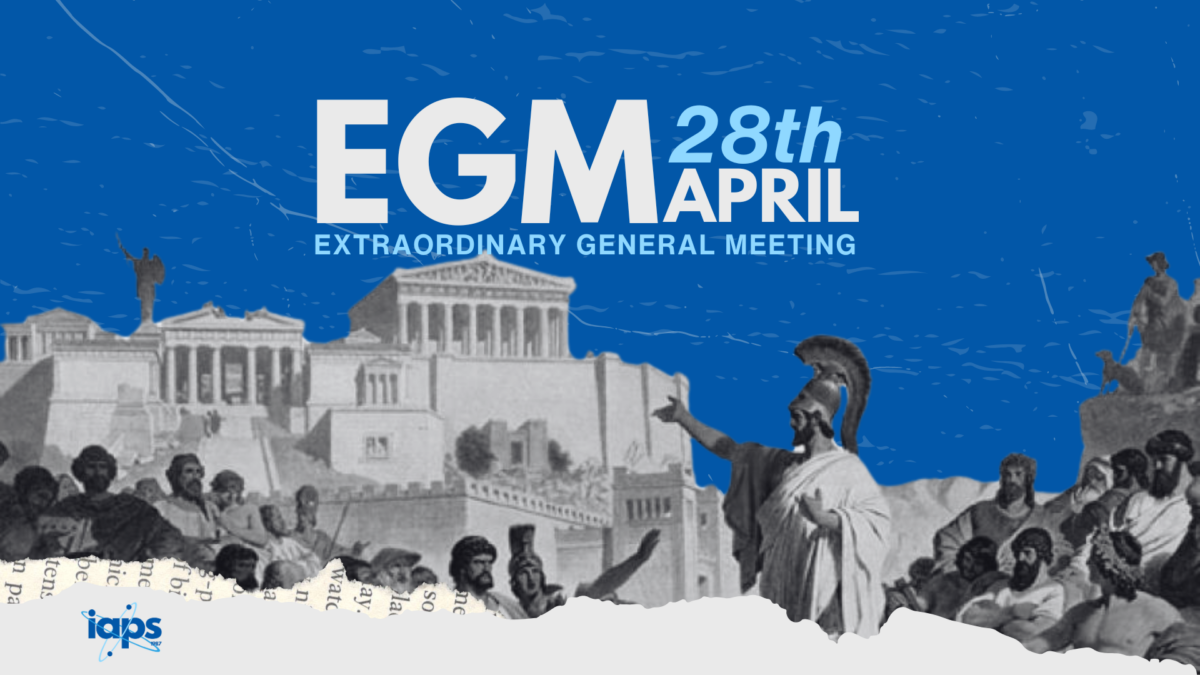BobbyBroccoli didn’t start his YouTube journey intending to become the go-to source for scientific controversies. In fact, his early videos focused on something entirely different: video game design. Like many YouTubers, his channel evolved over time as his interests changed, eventually leading him to where he is today—a content creator with a passion for unpacking the most bizarre and shocking stories in the world of science.
The Early Days: From Comics to Video Games
BobbyBroccoli’s channel began in his early teenage years, serving as a platform to promote his comic strip. It wasn’t until high school that he shifted his focus to video game design content, inspired by the types of videos he consumed at the time. “I gave that a shot for a few years,” he recalls, but the audience engagement didn’t quite match the effort he was putting in.
Everything changed when BobbyBroccoli started his Bachelor’s degree in Engineering Physics. Gradually, he began integrating scientific topics into his content. His early science-related videos, covering topics like Bill Nye the Science Guy and the technology behind the Nintendo 3DS screen, were just the beginning of a more focused approach. It wasn’t until his time in graduate school, however, that BobbyBroccoli found his true niche: scientific controversies.
Discovering the Power of Controversy
The shift toward covering controversies was sparked by a lecture where he heard the story of Jan Hendrik Schön, a physicist whose work had been widely celebrated before he was exposed as a fraud. “I looked around and realized no one had done a video on him,” BobbyBroccoli says. That realization led him to create his first series on a scientific controversy—an academic true-crime story that would lay the foundation for his future success. The series was well-received (the first video currently has 3 million views), and BobbyBroccoli’s channel gained momentum, eventually attracting a large following.
But the real breakthrough came when BobbyBroccoli tackled the story of the Bogdanoff twins and their questionable PhD theses. Part 2 was released just months before the twins passed away, BobbyBroccoli’s video went viral, propelling his channel past 100,000 subscribers in the summer of 2022. “In a morbid way, I owe my current success to them,” he reflects.
Blending Science and Storytelling
BobbyBroccoli’s videos, whether it’s Schön’s fraudulent research or the rise and fall of the Canadian tech giant Nortel, focus on the human element of science.
“A three-hour science documentary has to reel people in,” he explains. “In between those salacious ‘true crime’ elements, you can teach an audience about the mundane parts of physics.” For example, while covering Victor Ninov, who faked a discovery related to the periodic table, BobbyBroccoli had to frame the story within the larger context of Cold War-era lab rivalries to make it compelling.
The Role of Innovation in YouTube Content Creation
BobbyBroccoli credits much of his style to Jon Bois, a sports writer and filmmaker who inspired him to use tools like Google Earth to create engaging animations. For BobbyBroccoli, the challenge was turning a subject with limited visual material—such as Jan Hendrik Schön’s research—into something dynamic. “If Jon Bois can make me interested in sports, surely I could do the same for academic true crime,” he jokes.
BobbyBroccoli has since developed his own style, incorporating the 3D modeling software Blender and experimenting with new animation techniques for each project. He has also made tutorials to help others dive into the technical side of animation, though his advice to aspiring creators is simple: “Get a cheap microphone, a free video editor, and write something. Your first project won’t be amazing, but you need to do it at least once to figure out what you’re doing.”
Tackling Big Topics and Keeping It Engaging
For BobbyBroccoli, selecting topics is one of the most time-consuming parts of the creative process. Every topic represents months of research and production, so it has to be something that not only interests him but also captivates his audience. Some stories, like that of Jan Hendrik Schön, are obvious winners. Others, like Victor Ninov’s, require more creative framing to hook viewers. But BobbyBroccoli believes the investment is worth it because, at the end of the day, people love stories about interesting characters in science.
The Dark Side of Science
One of the things that continually surprises BobbyBroccoli is how far people will go to cover up scientific misconduct. His series on Hwang Woo Suk, a South Korean scientist who fabricated stem cell research data, highlighted just how deeply political and ethical issues can become intertwined in the world of science. “The breach of bioethics was appalling,” BobbyBroccoli recalls, particularly noting how authority figures defended Hwang even after the truth came to light.
BobbyBroccoli also reflects on how quickly misinformation can spread and how science can capture public imagination—whether for good or bad. His recent documentary on Cold Fusion revealed the massive scale of media attention it received, with headlines and TV segments covering it almost daily. “I expect we will never see anything quite like it again,” he says, noting how rapidly the internet now debunks shaky science.
Looking Forward
As his channel continues to grow, BobbyBroccoli remains committed to tackling new scientific controversies and finding creative ways to make them accessible to his audience. “It’s ultimately about people doing science,” he says, emphasizing that the human stories are what keep viewers coming back. With each new project, BobbyBroccoli continues to explore the boundary between science and storytelling, and there’s no doubt his audience will be along for the ride.
Subscribe to BobbyBroccoli’s channel here. Recommend to us other science communicators you’d be interested in learning about at jiaps@iaps.info.
